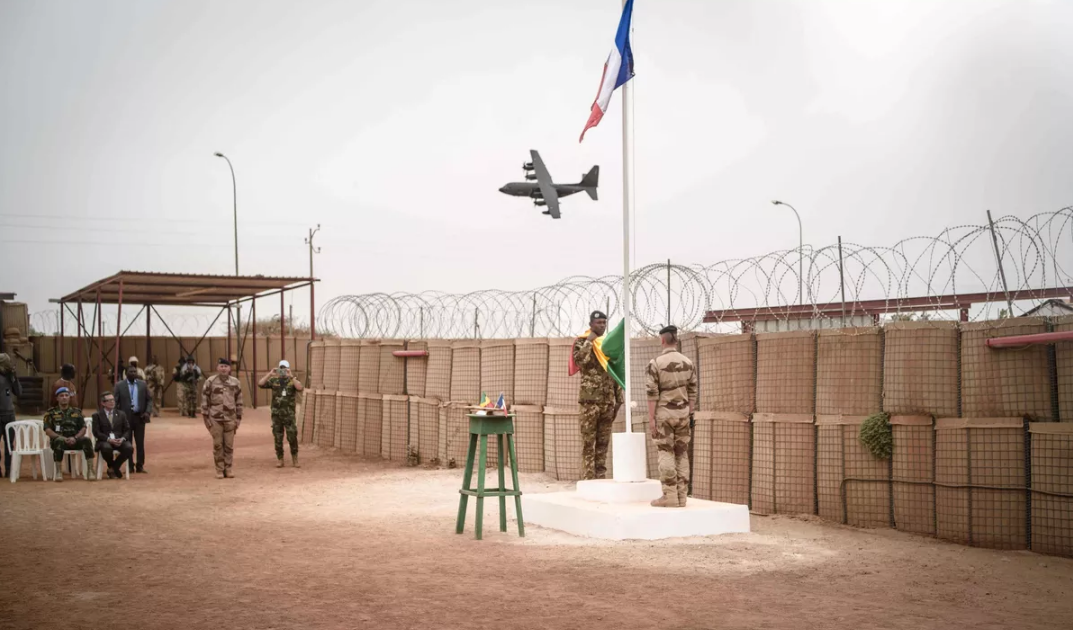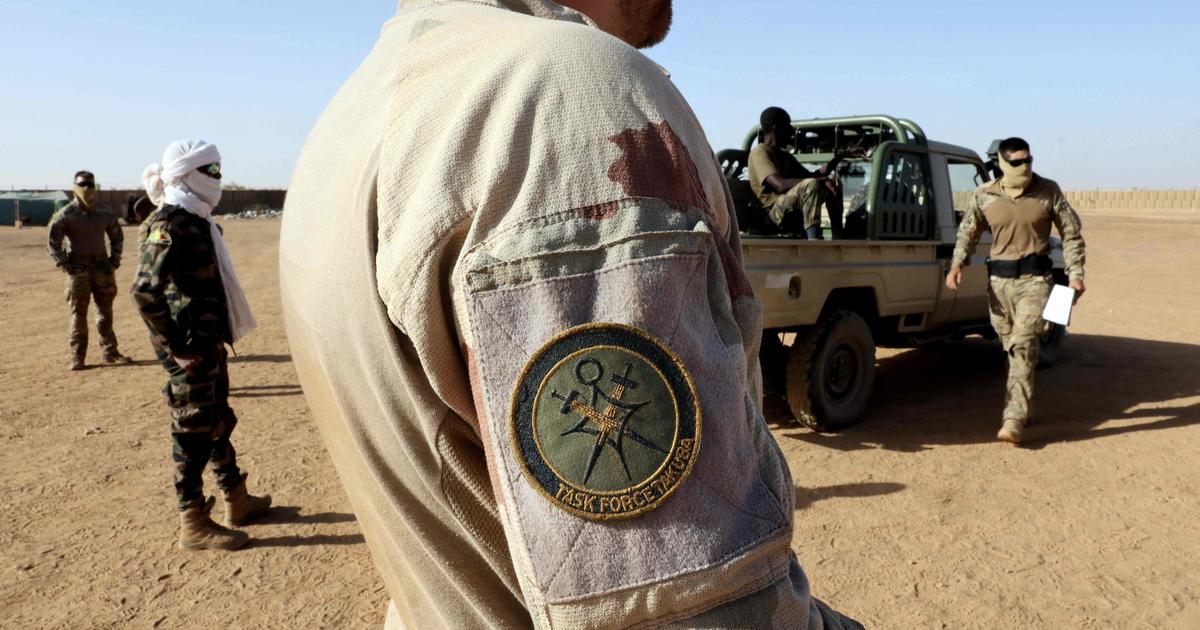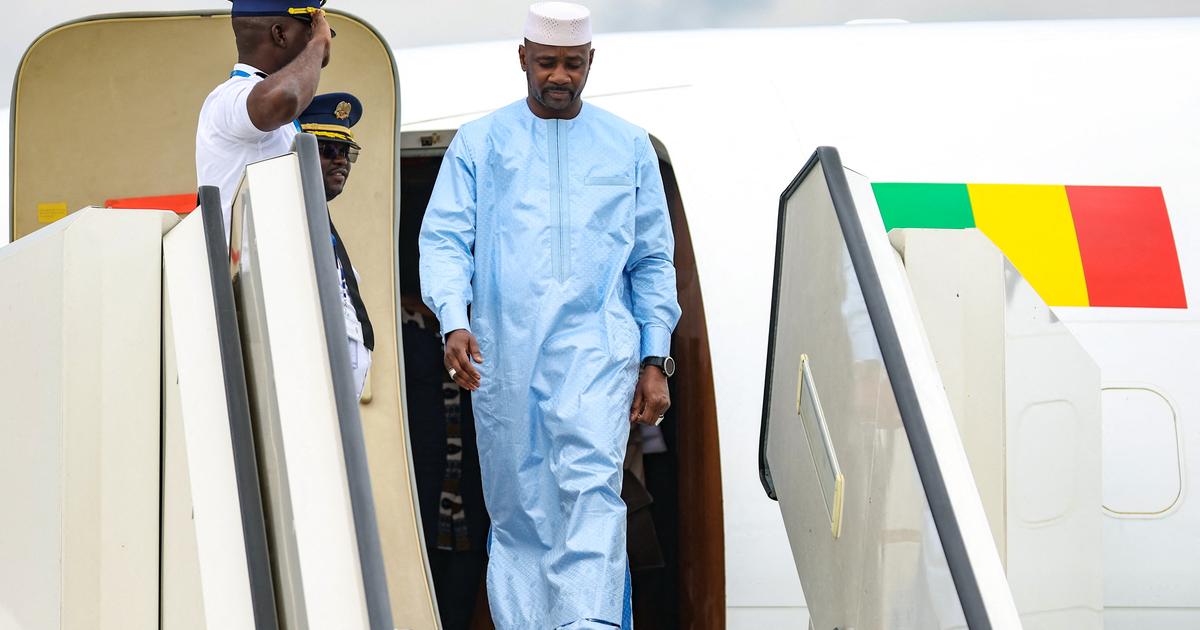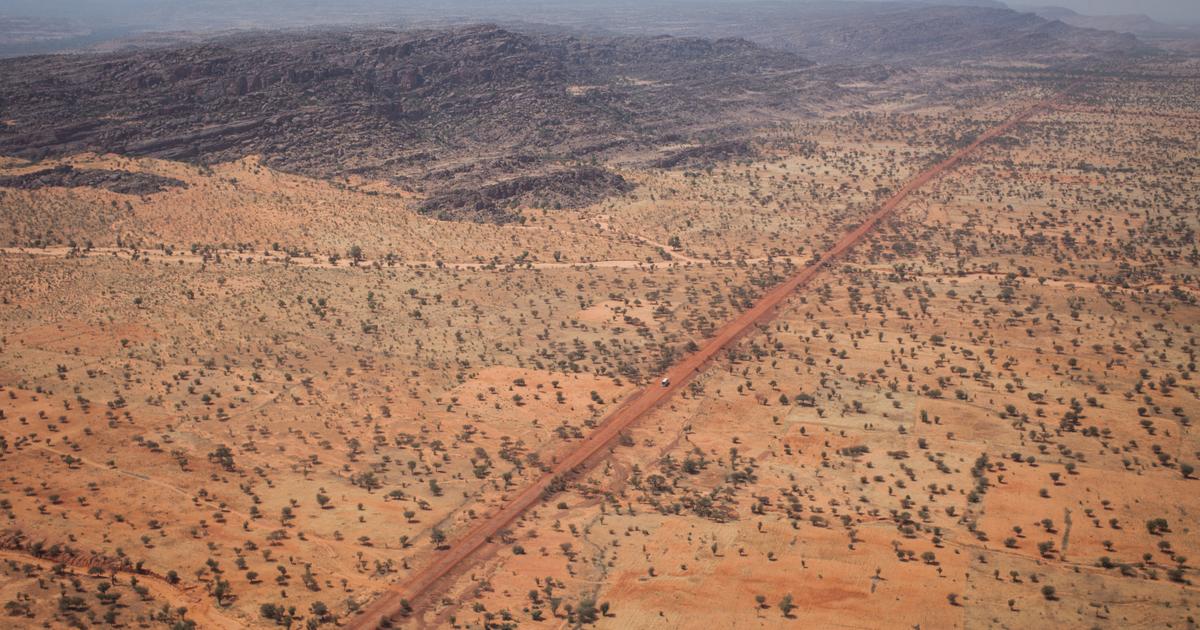Nicolas Normand was French Ambassador to Mali from 2002 to 2006, to Congo, Senegal and Gambia. He is the author of the
Grand Livre de l'Afrique
, Ed. Eyrolles, 2018 edition updated in June 2022.
LE FIGARO. - On January 11, 2013, the Malian authorities requested France's support to stop the advance of terrorist groups towards Bamako and push them back to the North. This is the start of Operation Serval. What is his record? Was it effective?
Nicholas Norman. -
Serval was an undeniable success for having both stopped the advance of terrorists towards the south and reunited Mali, which had lost the entire north of the country, i.e. almost two thirds of the territory, held by three jihadist groups referring to Al Qaeda: Ansar Dine (mainly Tuareg), MUJAO (composed mainly of sub-Saharans and Saharawis) and AQIM (originally from Algeria).
From the Malians' point of view, however, this success is incomplete, even marred by the fact that the town of Kidal was immediately reoccupied by a group of Tuareg separatists, the MNLA.
The French army could hardly oppose them because they were not terrorists according to the Western point of view.
But unfortunately, Serval then cooperated with these separatists to fight the jihadists.
It was a double political error of the government of François Hollande: firstly the French army should not have relied on an illegal militia whereas the States alone (Mali or France) have the monopoly of legitimate violence.
Read alsoIn Mali, Russian mercenaries now on the front line against jihadists
Secondly, seen from Bamako, the separatists are worse than the jihadists since they call into question the very existence or the integrity of Mali.
This French political fault (which I had denounced in its time) still weighs and durably in the relations between France and Mali by making believe, however obviously wrongly, that France would have a hidden agenda to dismember Mali for better " plunder” its supposed resources in the north in collusion with separatist rebels.
On August 1, 2014, Serval was replaced by Barkhane. What is France's objective at this time?
In 2014, it would have been logical and much preferable for the French army to withdraw from Mali after mission accomplished, already in 2013 after the Malian presidential elections of August 2013. In this case, the Malian army had to take over to ensure a presence in the north of the country and avoid a possible resurgence of jihadism.
But two factors apparently led President Hollande to decide to maintain a French army in Mali.
First, the weakness of the Malian army, especially after its defeats in 2013 (against the jihadists) and May 2014 (in Kidal against the separatists), not to mention the military coup of March 2012 which provoked internal clashes in the Malian army.
An extension is necessarily felt as an occupation, even a desire for recolonization.
Nicolas Normand
Second, the erroneous idea that France had the means to prevent the resurgence of jihadism and to eliminate the remaining gangs, without being able to address the very causes of the evil.
These causes are precisely the absence of the Malian State and its public services throughout the territory, the despair of young people without training or a future in a country without development and in demographic explosion.
In a sort of Wild West without a sheriff that part of Mali has become, a local insurrection based on jihadist ideology could only spread and develop, despite all military efforts.
For lack of having analyzed and understood it, Barkhane was sinking into a dead end.
In the spring of 2021, France is gradually lifting its foot in Mali. Can we therefore qualify Barkhane as a failure unlike Serval? Did France make a mistake by staying in Mali?
Barkhane, despite the fact that military action alone could not provide a solution, is not a technical failure.
This operation first prevented the jihadists from regaining a foothold in the northern cities which remained under the control of the Malian government, unlike the situation in 2012. Then, Barkhane gave the Malian authorities several years to rebuild its military tool, restore its political authority and, if possible, its presence in the rural areas where the jihadists had been eliminated or pushed back by Barkhane.
But this part of the substantive work that should have been done by Mali was not able to succeed, mainly due to a lack of resources, but perhaps also due to a lack of voluntary and effective Malian leadership.
In my opinion, it is hardly debatable that France made a mistake by remaining militarily so long in Mali.
Serval was a firefighter who fulfilled his mission.
But by deciding on a long extension of the French armed presence, psychology and politics in Mali were completely ignored: even an emergency rescue by the army of the former colonizer (Serval) is already felt as a humiliation.
An extension is necessarily felt as an occupation, even a desire for recolonization.
This situation was further aggravated by errors of behavior and communication, giving the feeling to urban Malians that the sovereignty of the country was flouted: unilateral French communication, and not Malian,
and also letting believe that the terrorists suffered only failures and therefore that the solution was military;
apparent marginalization of the Malian army which was no longer in the front line;
finally permanent and continuous deterioration of security in rural areas and extension of jihadism to new regions.
The current Malian authorities have turned to Russia, which has rushed into the breach.
Nicolas Normand
In the end, the disappointment of the urban populations turned into resentment and then anger.
This has resulted in the rise of anti-French sentiment (more precisely anti-French politics) and populism in the name of national sovereignty.
This is why the second coup in Bamako (May 2021 after that of August 2020) was well received by the urban population and this is why the ruling Malian junta exploited anti-French resentment and ultimately provoked a break with France, the ideal scapegoat.
But nevertheless aware of its military shortcomings, the current Malian authorities have turned to Russia, which has rushed into the breach, but without untying the purse: sales of military equipment,
Since the September 30 coup, the junta in power in Ouagadougou has multiplied the signs of defiance. Where are we today? What conditions are necessary to improve the situation?
The extension of jihadism in Burkina-Faso since 2015 is partly explained by the disorganization of the security services of this country after the coup d'état overthrowing President Compaoré in October 2014. From the outset, Barkhane had particular difficulties in cooperate with the army of this country because of a still rooted Sankarist tradition, former President Sankara having left the memory of a hero of the anti-imperialist resistance.
The continued deterioration of the security situation in Burkina has provoked the last two coups.
That of September 2022, bringing Captain Traoré to power, was supported by a group of urban activists demanding the departure of the French army, putting pressure on the new chief of
State inexperienced and on the search for new solutions.
At this stage, negotiations with Moscow would stumble over the financial aspect and in particular the cost of the Wagner mercenaries, while bilateral relations with France have reached a low point, with the Burkinabe request to recall our ambassador.
SEE ALSO
- "In Mali, the French military intervention has suffered an attrition effect", explains Marc-Antoine Pérouse de Montclos















